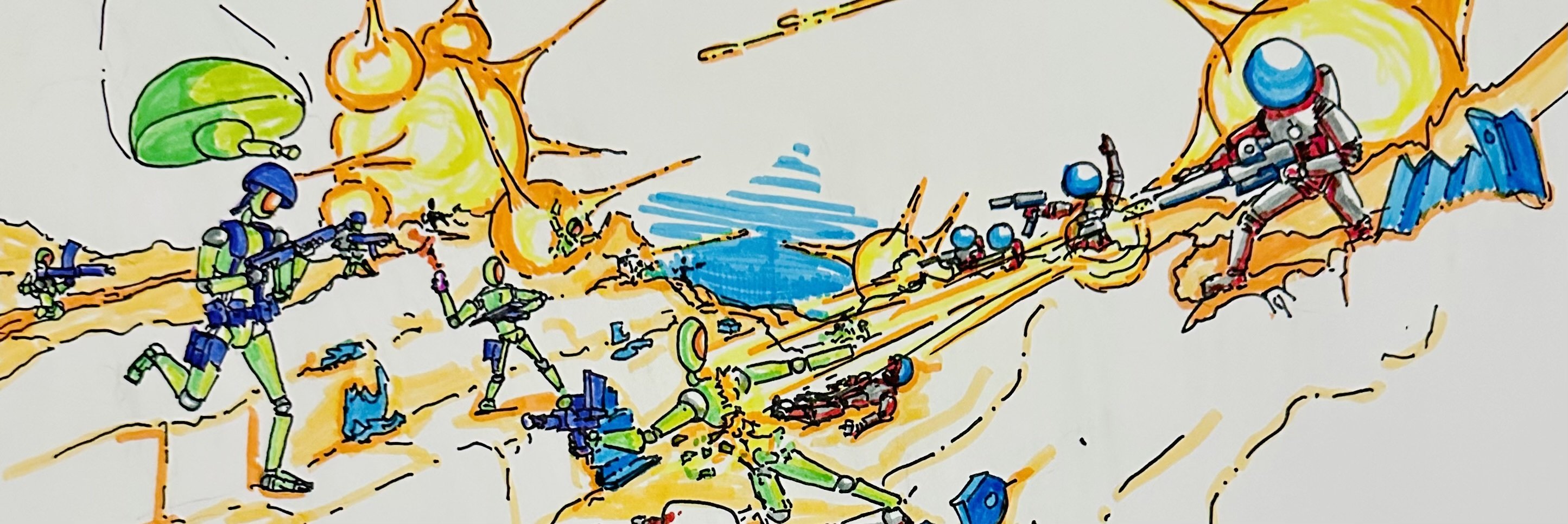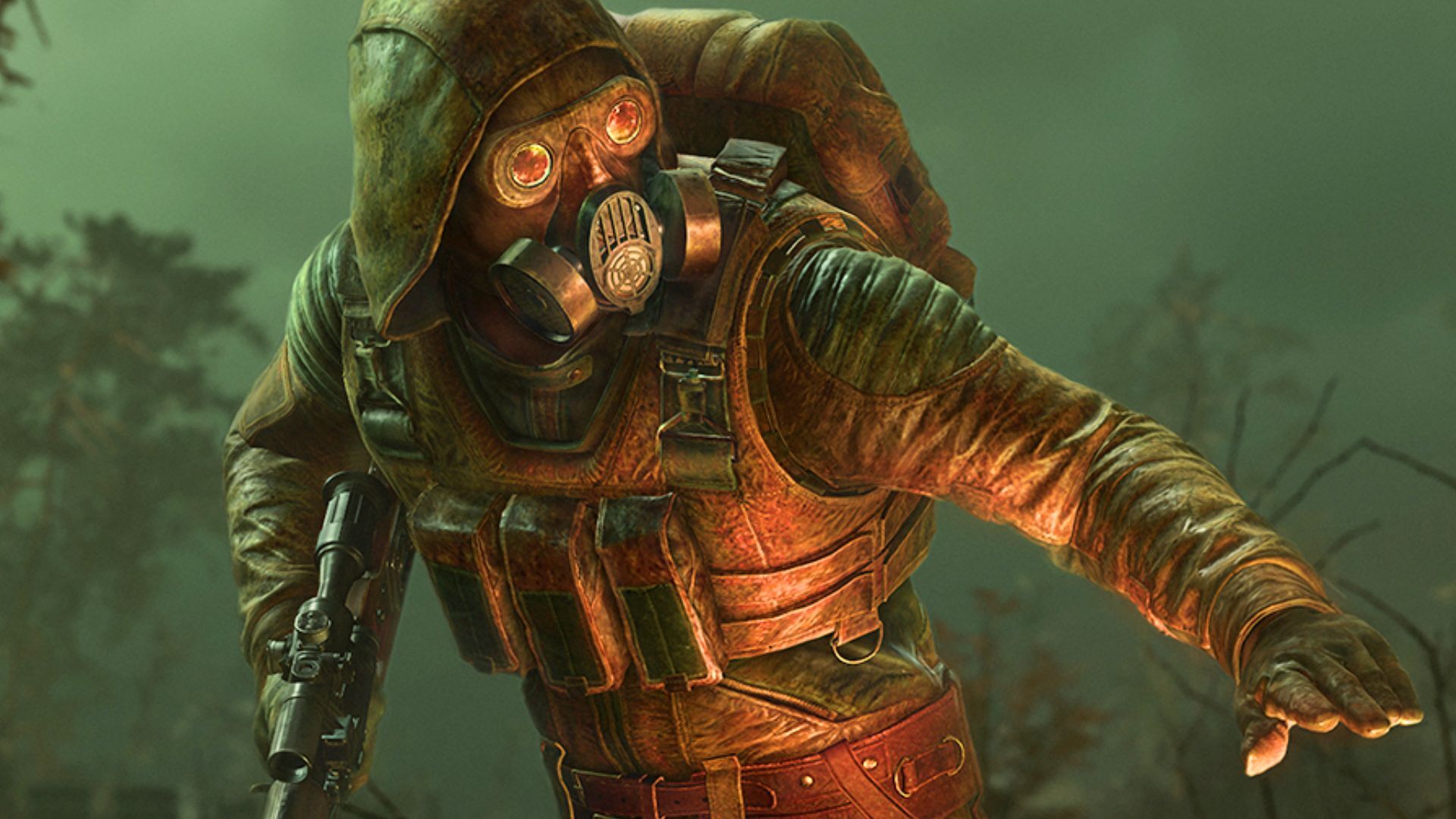I mod a worryingly growing list of communities. Ask away if you have any questions or issues with any of the communities.
I also run the hobby and nerd interest website scratch-that.org.
- 438 Posts
- 910 Comments

 135·2 hours ago
135·2 hours agoI know, I know we are on lemmy, where all judges are wrong and evil, but this actually seems pretty cut and dry.
Act No. 320 of 1937 (“Pennsylvania Election Code”). Section 1306-D:
(a) General rule.–At any time after receiving an official mail-in ballot, but on or before eight o’clock P.M. the day of the primary or election, the mail-in elector shall, in secret, proceed to mark the ballot only in black lead pencil, indelible pencil or blue, black or blue-black ink, in fountain pen or ball point pen, and then fold the ballot, enclose and securely seal the same in the envelope on which is printed, stamped or endorsed “Official Election Ballot.” This envelope shall then be placed in the second one, on which is printed the form of declaration of the elector, and the address of the elector’s county board of election and the local election district of the elector. The elector shall then fill out, date and sign the declaration printed on such envelope.
Abridged:
At any time after receiving an official mail-in ballot, but on or before eight o’clock P.M. the day of the primary or election the mail-in elector shall […] then fill out, date and sign the declaration printed on such envelope.
The “correct date” is any date before or on the day of the election, according to the code. A judge reads and interprets the written law, and this seems like a simple read.
The counter argument to the apparently unanimous reading of the law by all parties presented in court hinged on: "Pennsylvania’s constitution, which says that elections in the state ‘shall be free and equal’ " making the law itself unconstitutional, which I’m not surprised wasn’t very persuasive. Ballot envelopes without written dates were presumably treated equally (as opposed to being treated differently based on the vote cast) and the state didn’t interfere with the ability to fill out the date. The rules were laid down and everyone who followed them had their vote counted equally.
I can already hear people in the comments screaming about how they don’t like it. The standards for the mail-in ballots have been there since 1937 and nobody had a problem with them until right this moment when it looked like letting them slide might flip a close election. If you still don’t like them, pressure the legislature, not the judges. There’s not a ton of wiggle room in how to read the code.
It’s a rubber gun anyway. There is a seam the goes continuously through the top of the barrel, front sight post, and top rail.
I’ve been getting that response in multiple places. I think I figured out how to unlock peoples’ core memories.

 8·3 days ago
8·3 days agoYou might like a lot of stuff by The Sword.
There are vocals but they are smooth and crisp rather than the xtreme death metal habit of trying to eat the mic.

 1·5 days ago
1·5 days agoFull Spectrum Warrior.
What a neat game that nobody talks about. It’s in the squad level tactical shooter wheelhouse, although it isn’t actually a shooter. You take an over-the-shoulder view switching between two (sometimes 3) teams in a squad, directing them through levels. It is sort of like Brothers In Arms, though in a more modern setting, small numbers of people to control, and having to fully rely on your NPCs to kill the enemies. An interesting twist on the squad management genre, it sits somewhere between a tactical management shooter, and a top down management game like Door Kickers.
I draw a lot of organic things. I think the organic looking lines are just a result. Other people here and else are also seeing neurons and the inside of an eye.

 162·6 days ago
162·6 days agoBig stuff straight into the trash. Little stuff into the sink strainer. It all settles to the middle of the strainer. Pick up the strainer and dump it into the trash.
Those were both side games. Like how Fallout New Vegas isn’t Fallout 4.

 2·11 days ago
2·11 days agoBY GAWD THE DNC IS (rhetorically) TORN IN HALF!

 52·11 days ago
52·11 days agoI am glad I passed your purity test. For now.
Hopefully the council will not have to decide my fate.

 62·12 days ago
62·12 days agoI don’t know what you think it is, but this is in-universe propaganda to scifi soldiers to smoke their “special” cigarettes.

 73·12 days ago
73·12 days agoI say it’s from a worldbuilding project in the title, to let people know this is a drawing that is a small part of a bigger piece of fiction. And you say “but what about real life?”
Mostly Zieler brand art markers. The colors blend well into themselves, although they tend to bleed out at the edges, so it can be tricky sometimes to color tight spaces. I have a few other random brands, like what I did the skin with, but those do tend to get those ugly lines, and I try to only use them for relatively small areas. My previous 3 drawings were all done with them rather than my Zielers and I can tell.
Also you absolutely need a piece of cardboard spacer or the markers will bleed onto the next page.
It’s a Wizards riff.

 7·15 days ago
7·15 days agoYou can dial manually as long as you bring your own power source.
No, my influences are older.







Admiral Janeway, please calm down.